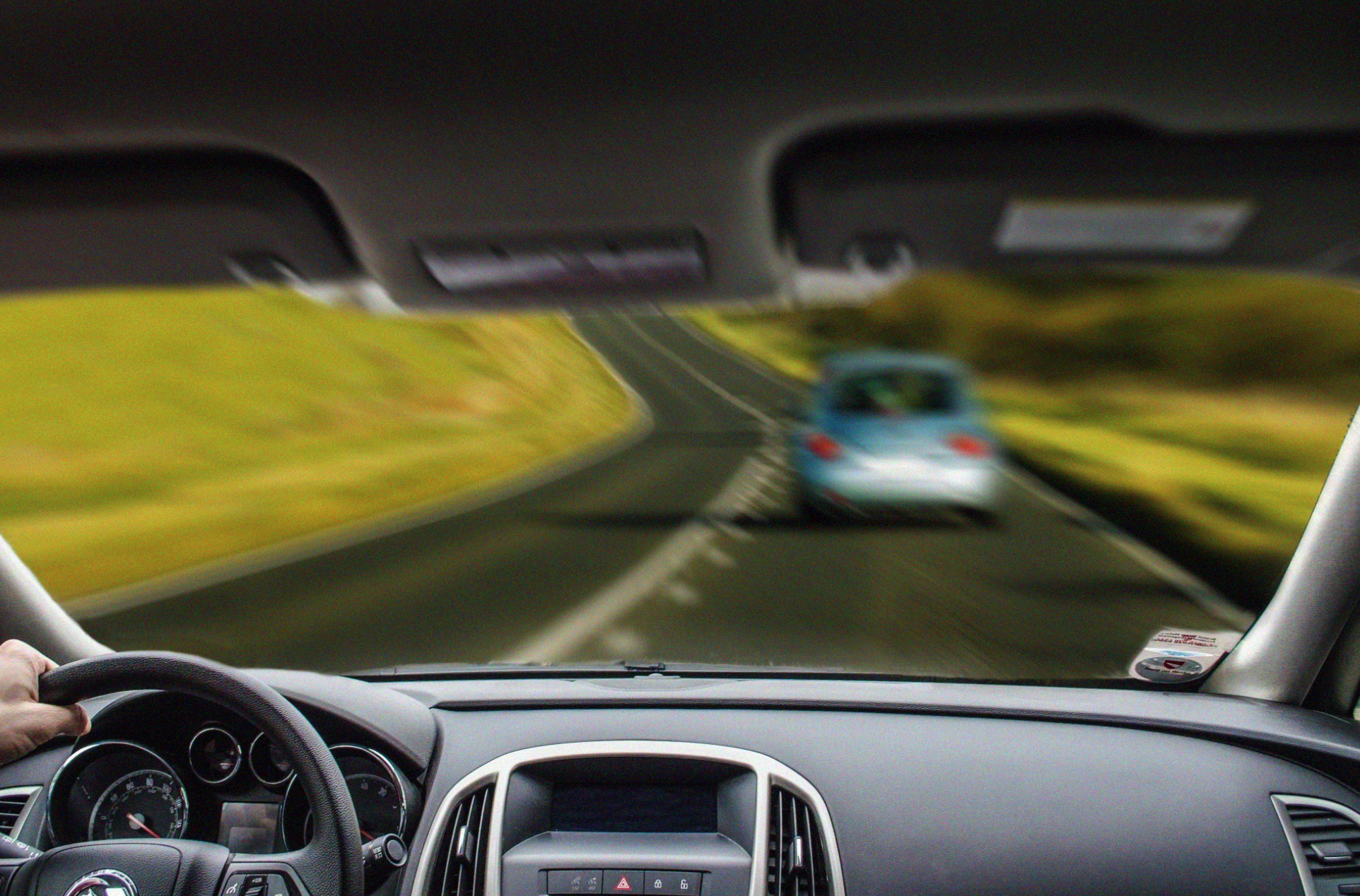Dash cams provide immense amounts of value in personal injury cases because of one word: evidence.
Whether you live in a busy city like Houston or a small rural town, driving your vehicle can be a hazardous experience. It’s easy to forget you (and your fellow passengers) are driving in large pieces of metal that can cause serious injury or death. A serious accident is only one simple mistake away.
Because of this, many commercial vehicles are now being equipped with dash cams. While they are a small investment, dash cams provide a wealth of benefits for the trucking company. Some of the most significant benefits, however, emerge if an accident occurs. Ultimately, dash cams provide game-changing evidence in truck wreck and car accident cases. Even though none of us anticipates being in an accident, dash cams can be just the thing we need to potentially receive compensation for our injuries or defend a claim.
The Value of Dash Cams in Personal Injury Cases
Dash cams provide immense amounts of value in personal injury cases because of one word: evidence. Dash cam footage provides objective, near-indisputable evidence that can potentially be used in a court of law. At the very least, this evidence can be used in potential settlement negotiations with the at-fault driver’s insurance company.
Depending on the dash cam that you purchase, your camera may be recording the front of your vehicle, the rear, or both. The dash cam records cars, people, and objects around your vehicle as you are driving. Often, the dash cam begins recording when your vehicle is in gear, meaning that you don’t need to turn your camera on and off when you enter and exit your vehicle. Even better, some dash cams display metadata (like date and time) on the recording, providing even more evidence that the dash cam footage should be used as evidence in potential personal injury litigation.

All of these facts show why dash cams are so valuable in personal injury cases. They are a neutral arbiter in a “he said, she said” type of situation. While you and the other driver may have your own stories and perspectives on how the accident occurred, your dash cam will have the final say. Moreover, if you are in court several months after the accident, dash cam footage can refresh your recollection. It can transport you back to the day and time of the accident, helping you recall your thought process before, during, and after the accident. Juries tend to believe what they can see and discount accounts that are different.
Dash cam footage can capture a wide range of vehicle accidents. That said, it is especially helpful in capturing details like the license plate of the other vehicle, whether you drove straight and in your lane, whether the opposing car ran a red light, whether the opposing vehicle swerved into your lane, and more. It can even capture the other driver’s behavior after the accident.
This dash cam footage is clearer and more reliable than both drivers’ memories. Having said this, there’s another important point here. Dash cams can be used against you if you are at fault. If you ran a red light and collided with another vehicle, for instance, your dash cam is going to capture that footage. It can be used in court against you. Dash cams represent a double-edged sword, so you will want to keep this in mind as you are driving your vehicle.
If you aren’t at fault, however, your dash cam footage can be priceless. Upon showing your dash cam footage to the opposing driver’s insurer, the insurer may be convinced to settle your claim. If they want to proceed to trial, your dash cam footage can be just the thing to sway a jury. This footage isn’t automatically admissible—rather, a judge will have to approve it before it can be used during the trial. But assuming that it is admissible, this evidence may be just the thing you need to obtain a large payout.
An Underrated Asset
Dash cam footage may not prevent an actual vehicular accident from occurring, but it can be an outstanding asset in your personal injury case. It presents objective evidence that is more trustworthy than the dated recollections of you and the opposing driver. Because of this, a dash cam can be an outstanding investment. Whether you are purchasing a dash cam for yourself or a family member, we encourage you to get started today.


Join the conversation!